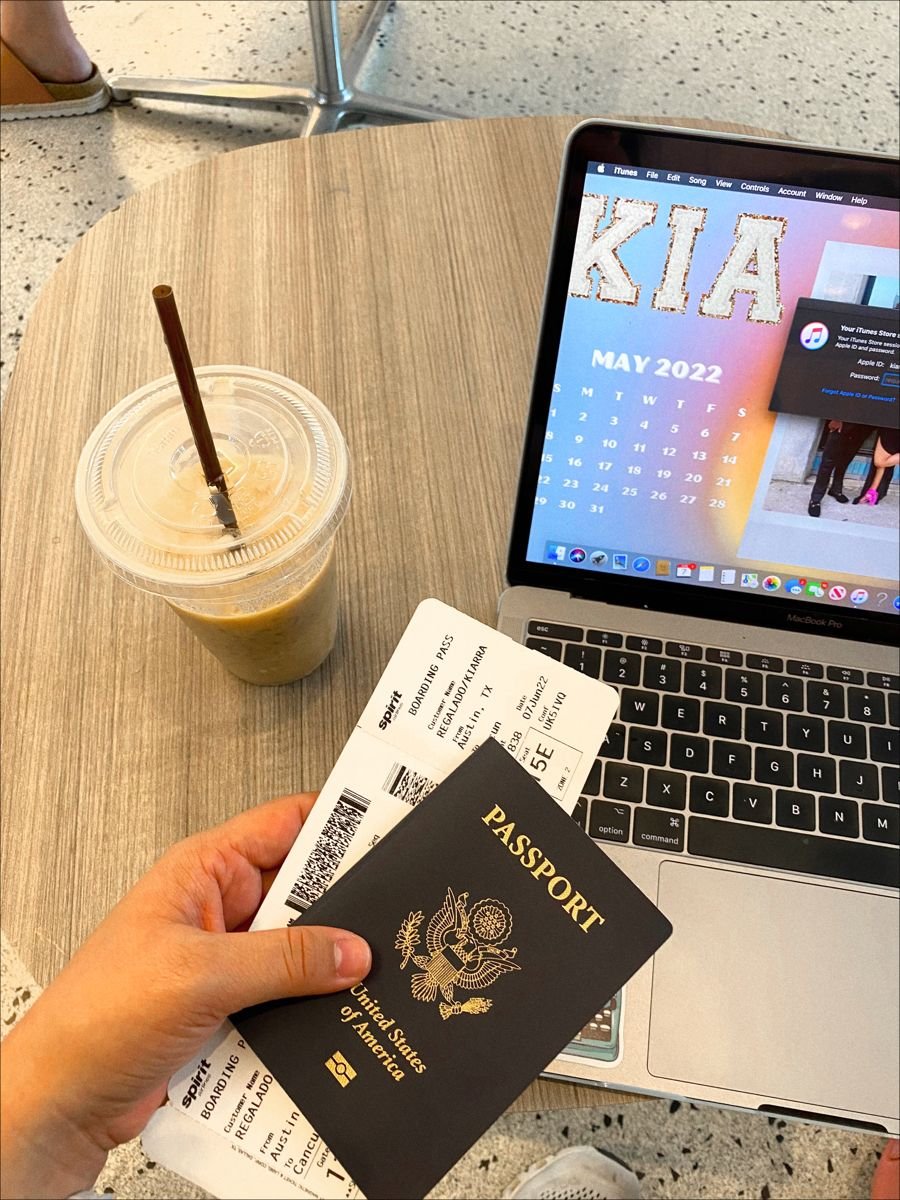Remote work sounds glamorous,coffee by the beach, late-night calls from Lisbon, or drafting reports in a café in Medellín. But digital nomads quickly learn a hard truth: productivity can collapse if you don’t have systems. The difference between thriving abroad and burning out often comes down to three overlooked areas: airports, workspaces, and time zones.
1. Airport Lounges: Your First Line of Defense
For many nomads, travel days are the most unproductive days. Airports are chaotic, Wi-Fi is weak, and food is overpriced. This is where airport lounges become a game-changer.
Why they matter: Lounges provide reliable internet, quiet work zones, and a calm environment,perfect for catching up on emails or preparing for meetings.
How to get access:
- Priority Pass memberships (worth it if you travel 10+ times a year).
- Premium credit cards (Amex Platinum, Chase Sapphire Reserve, etc.).
- Airline loyalty programs (frequent flyer status often comes with lounge perks).
Pro tip: Use travel days as “light work” days,handle admin, write drafts offline, or do creative brainstorming rather than deep work that requires long focus.
2. Coworking Spaces vs. Cafés: Choosing Your Base
- Once you land, the question becomes: where do you work? Many nomads try cafés first, only to discover problems,unstable Wi-Fi, loud music, and limited outlets. That’s where coworking spaces earn their place.
- Coworking spaces: Provide consistent internet, networking opportunities, and an office-like routine that helps with discipline. Cities like Medellín, Bali, and Prague have thriving coworking cultures.
- Cafés: Great for short bursts of creative work or when you want a change of scenery. Best used sparingly, not as a daily base.
- Hybrid approach: Many nomads thrive by mixing the two,coworking for focus days, cafés for lighter tasks.
Coworking also solves the loneliness problem. You meet other professionals who understand the lifestyle, which keeps you motivated.
3. Mastering Time Zones: Turning a Weakness into a Strength
Time zones can either wreck your schedule or make you indispensable to your clients. The key is designing your workflow around the time differences.
- Overlap hours: Identify 2–4 hours of overlap with your clients or team back home. Use that window for meetings and collaboration.
- Asynchronous work: Tools like Notion, Slack, and Loom allow you to deliver updates without being chained to live calls.
- Reverse productivity: Some nomads flip their schedule to match their clients (e.g., working nights in Asia to sync with U.S. mornings). Others embrace the gap, using their mornings for deep work before clients even wake up.
- A mindset shift helps: time zones aren’t a burden,they’re leverage. When you master them, you can give clients “overnight delivery” on projects while still enjoying your day.
Final Thoughts
Digital nomad life isn’t just about freedom; it’s about systems. Airport lounges keep your travel days productive, coworking spaces give you structure and community, and time zone mastery transforms distance into an advantage.
Productivity abroad isn’t about doing more,it’s about working smarter so you can actually enjoy the reason you became a nomad in the first place: to live more fully, not just work remotely.













